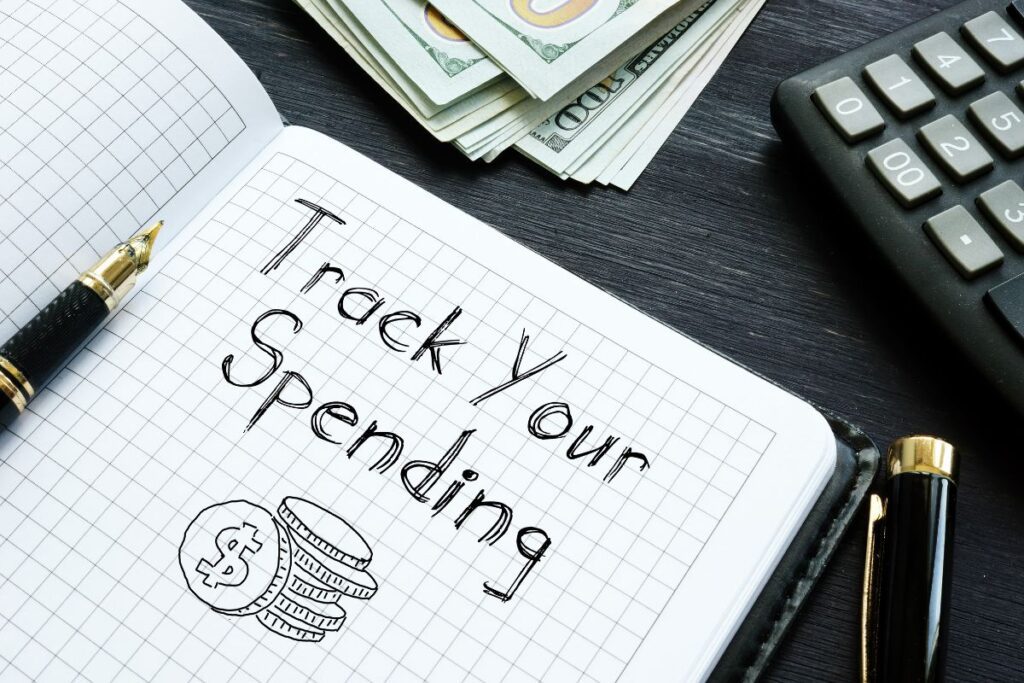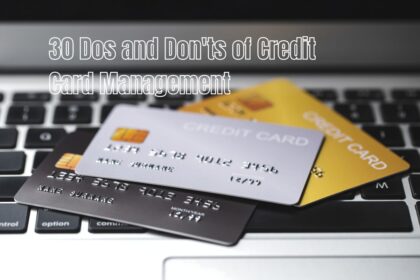Introduction
Creating a budget is a crucial step towards financial stability and achieving your goals. Whether you want to save for a vacation, pay off debt, or build an emergency fund, a well-planned budget can help you manage your money effectively. In this article, we will explore ten practical tips on how to create a budget that works for you. By following these tips, you’ll be able to take control of your finances and make informed decisions about your spending and saving habits.
Step 1: Start with Your Goals
Before diving into the nitty-gritty of budgeting, it’s essential to identify your financial goals. What are you aiming to achieve with your money? Are you saving for a down payment on a house, planning for retirement, or looking to become debt-free? Clearly defining your goals will give you a sense of purpose and help you prioritize your spending.
Step 2: Assess Your Income and Expenses
To create an adequate budget, you need to have a clear understanding of your income and expenses. Start by calculating your monthly income, including your salary, freelance earnings, or any other sources of income. Next, track your expenses for a few months to get a realistic picture of where your money is going. This includes both fixed expenses like rent or mortgage payments, utilities, and transportation, as well as variable expenses like groceries, entertainment, and dining out.
Step 3: Differentiate Between Needs and Wants
Differentiating between needs and wants is a vital aspect to create a budget. Needs are essential expenses required for your basic well-being, such as housing, food, and healthcare. Wants, on the other hand, are non-essential items or experiences that bring you joy but are not necessary for survival. By distinguishing between the two, you can prioritize your needs and allocate your resources accordingly.
Step 4: Track Your Expenses Regularly
Once you have your budget in place, it’s essential to track your expenses regularly. Please keep a record of every purchase you make and compare it to your allocated budget. This will help you identify areas where you may be overspending and allow you to make necessary adjustments. There are various mobile apps and online tools available that can simplify expense tracking and provide you with valuable insights into your spending habits.

Step 5: Set Realistic Limits
When creating a budget, it’s crucial to set realistic limits for your spending categories. Going too strict may result in frustration and discouragement, while being too lenient may hinder your progress. Take a realistic approach based on your income, financial goals, and lifestyle. Allocate appropriate amounts to each spending category to ensure a balanced create a budget that accommodates your needs and allows for some discretionary spending.
Step 6: Use the Envelope System
If you need help with overspending in specific categories, consider using the envelope system. This method involves allocating cash to specific envelopes representing different spending categories. Once an envelope is empty, you can only spend money on that category during the next budgeting period. The envelope system helps you visualize your spending and creates a tangible boundary, making it easier to stick to your budget.
Step 7: Automate Your Savings
Saving money is an integral part of budgeting. To make saving easier, automate the process. Set up automatic transfers from your checking account to your savings account on a monthly or bi-weekly basis. This way, you won’t have to rely on willpower alone to save money. Automating your savings ensures that a portion of your income goes directly towards your financial goals without the temptation to spend it.
Step 8: Plan for Unexpected Expenses
Life is full of surprises, and it’s crucial to be prepared for unexpected expenses. When creating your budget, allocate a portion of your income to an emergency fund. This fund acts as a safety net, providing you with financial stability when faced with unforeseen circumstances such as medical emergencies or car repairs. Having an emergency fund in place will ensure you stay within your budget and avoid going into debt.

Step 9: Review and Adjust Regularly
A budget is not a set-it-and-forget-it document. It requires regular review and adjustment to remain effective. Life circumstances change, and your financial goals may evolve over time. Review & create a budget at least once a month and make necessary adjustments to align it with your current situation. This will help you stay on track and ensure that your budget continues to work for you.
Step 10: Seek Professional Help if Needed
Create a budget can be overwhelming, especially if you have complex financial situations or significant debt. If you find yourself struggling to manage your finances effectively, don’t hesitate to seek professional help. Financial advisors or credit counselors can provide guidance tailored to your specific needs and help you create a budget that aligns with your goals.
Frequently Asked Questions (FAQs)
-
Can I create a budget if my income varies from month to month?
Absolutely! Creating a budget with variable income requires a flexible approach. Start by identifying your essential expenses and allocate a portion of your income towards those categories. Save any extra income during months with higher earnings to cover any shortfall during leaner months.
-
How can I stick to my budget when faced with tempting impulse purchases?
Impulse purchases can derail even the most well-planned budget. To avoid succumbing to temptation, consider implementing a cooling-off period. When faced with an impulse purchase, wait for 24 hours before making a decision. Often, the initial excitement fades, and you realize you don’t actually need or want the item.
-
Is it necessary to track every single expense when budgeting?
While tracking every single expense provides a comprehensive view of your spending habits, it may only be necessary for some. If you prefer a less detailed approach, focus on tracking your significant expenses and discretionary spending. The key is to have a clear understanding of where your money is going and make adjustments as needed.
-
How can I deal with unexpected expenses that exceed my emergency fund?
If you encounter unexpected expenses that exceed your emergency fund, explore alternative options such as low-interest personal loans or credit cards with promotional offers. However, exercise caution when borrowing money and ensure that you have a plan in place to repay the debt without jeopardizing your budget.
-
Should I involve my partner/spouse in creating the budget?
If you share finances with your partner or spouse, it’s essential to involve them in the budgeting process. Discuss your financial goals together and create a budget that aligns with both your needs and priorities. Open communication and mutual agreement are essential to successfully managing your joint finances.
-
What should I do if I consistently overspend in specific categories?
Consistently overspending in specific categories indicates a need for reevaluation. Review your budget and consider increasing the allocation for those categories if necessary. If you find it challenging to control your spending, explore strategies like using cash instead of cards or seeking support from an accountability partner.
Conclusion
Creating a budget is a powerful tool that allows you to take control of your financial future. By following the ten tips outlined in this article, you can create a budget that works for you, help you achieve your goals, and brings you closer to financial freedom. Remember, budgeting is a continuous process that requires regular review and adjustment. Embrace the journey and stay committed to your financial well-being.












